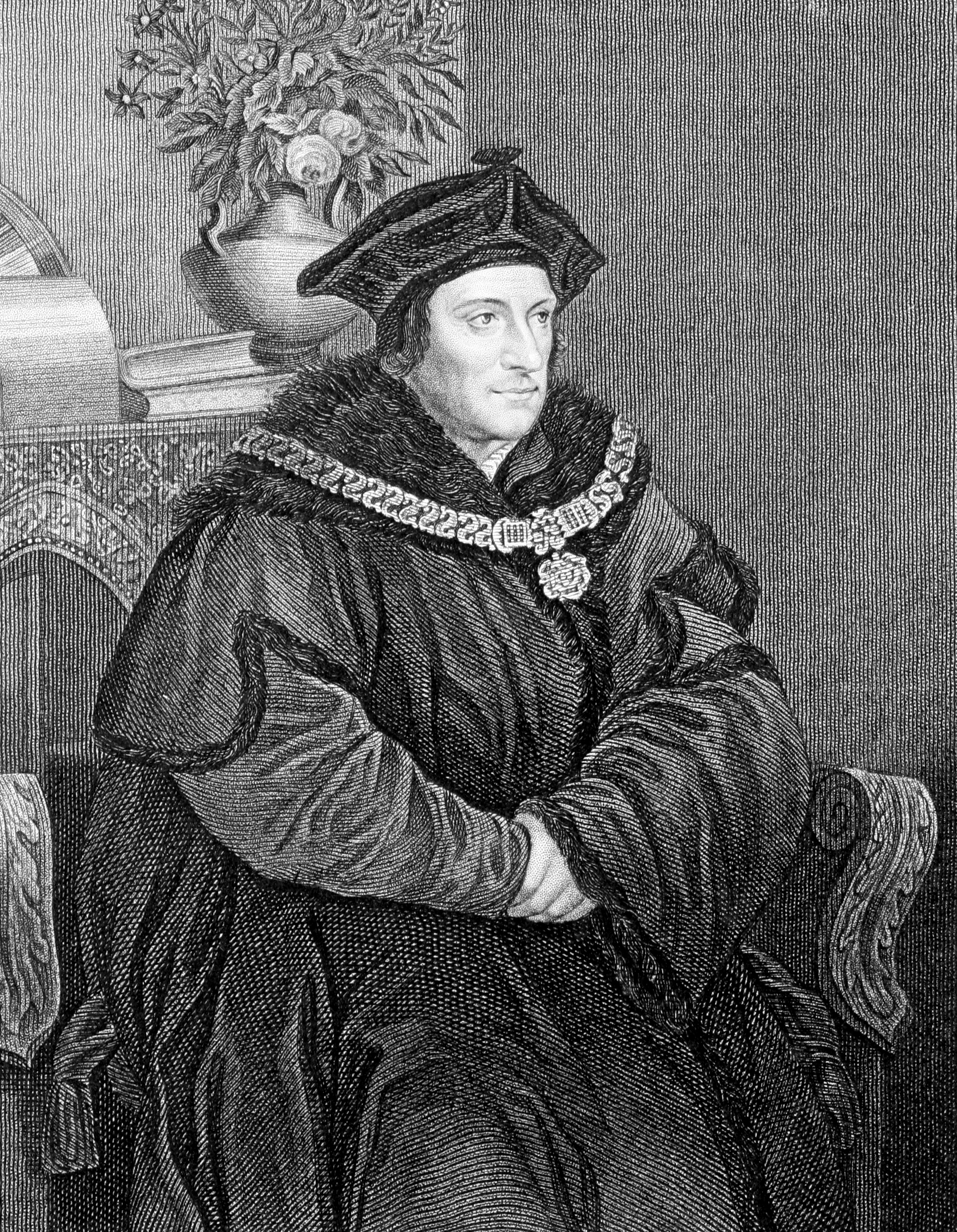Humanism was a cultural movement that flourished in Europe from the 1300’s to the 1500’s. The movement, which began in Italy, helped characterize the Renaissance, an age of reborn interest in the arts, education, and the classical culture of ancient Greece and Rome.
Humanism was a program of study rather than a unified philosophy. It stressed the studia humanitatis, or humanities, which included grammar, rhetoric (the art of persuasive argument), poetry, history, and moral philosophy. It was designed to make the Christian well-rounded and virtuous.
The word humanism may also mean any way of viewing the world that stresses the importance of human beings. This article discusses humanism as a historical movement.
The development of humanism.
The humanists’ reliance on rhetoric and classical literature had its origins in medieval culture. Medieval theologians known as scholastics read both Greek and Roman authors, and they—like the later humanists—hoped to achieve the style of the best Latin writers. Unlike the humanists, however, the scholastics studied logic and grammar as a means to better understand God. They did not believe that Christians could best learn virtue from pagan writers. In addition, in the Middle Ages, the classics were read primarily in the secluded monasteries. Humanism brought the classics out of the monasteries and religious schools and into the secular (nonreligious) schools and palaces of the bustling cities.
The first great Italian Renaissance humanist was the poet and scholar Petrarch. Scholars of Petrarch’s time first used the term Middle Ages to refer to the gulf between their time and the ancient world, which they saw as a golden age of virtue and learning. See Petrarch.
By the 1400’s, rulers and merchants throughout Italy were hiring humanists as teachers for their children. For example, in Florence, such humanists as Marsilio Ficino and Angelo Poliziano served as tutors or advisers to the Medici, the banking family that ruled the city. Many popes in the 1400’s and 1500’s had been trained by humanists and employed them. Such women as Isabella d’Este, a patron of art and music in Mantua, also played an active role in the movement.
The spread of humanism.
By the late 1400’s, intellectuals from northern Europe had begun to travel to Italy to study with leading humanists. After returning home, many combined their Italian-learned humanism with their own cultural traditions. German humanists rediscovered medieval German literature. French humanists worked to make their language as eloquent as Latin had been in the hands of the Romans. François Rabelais enriched the French language in works like the series “Gargantua and Pantagruel” (1532-1564), which also contains a model humanist program of education. In England, humanism is seen in the works of the statesman and scholar Sir Thomas More (also known as Saint Thomas More). Members of the royal family, including King Henry VIII and his daughter Queen Elizabeth I, received humanist educations. Humanism also had a strong impact on the development of the Renaissance in areas from Spain to Poland. 
Many northern humanists have been called Christian humanists because of their emphasis on blending humanist and religious study. The Dutch priest Desiderius Erasmus was the most important Christian humanist. He criticized the corruption he saw in the Roman Catholic Church and applied humanist scholarship to writings like the Bible. Erasmus’s In Praise of Folly (1511) satirized society and the church, and upheld education as the solution to social and spiritual ills.
Work of the humanists.
Humanists undertook an extensive search for classical manuscripts, and they found many in obscure monasteries. Humanists knew that many ancient texts had accumulated errors through having been recopied many times over the centuries. They applied their knowledge of philology (the study of language) and history to the texts to restore them. Many humanists turned this critical eye toward society and its institutions, becoming critics of political tyranny and church corruption. In the early 1400’s, a movement called civic humanism declared that educated individuals must lead an active life, using their learning to help their homeland.
By the mid-1400’s, humanists had become interested in the ideas of the Greek philosopher Plato. Neoplatonism, as the revival of these ideas was called, seemed to offer a way to unify all knowledge. Some humanists embraced the Platonic idea that all knowledge is part of one great and perfect Truth. They attempted to reconcile Christianity with magic or other religions.
A few courageous humanists defended the idea of religious toleration at a time when such toleration was almost unknown. The German Johann Reuchlin became the greatest Christian scholar of Hebrew literature and defended Jewish writings against attempts to burn them.
Humanism and the arts.
Humanism, although mainly a literary movement, also had a strong impact on the other arts. Architects sought inspiration from the mathematical proportions of Greek and Roman architecture and produced buildings of great harmony. Under humanism’s influence, the pointed arches, elaborate facades, and soaring heights of Gothic architecture gave way to the domes, classical facades, and rounded arches of Renaissance structures.
The painter Masaccio and sculptor Donatello studied Roman art and produced works proudly depicting the human body as beautiful. Renaissance portraiture, influenced by Roman sculpture, took a new interest in presenting individuals as they really appeared. Michelangelo combined the realism of classical sculpture with Biblical themes.
Later influence.
Humanism had a major impact on the Reformation of the 1500’s, and on the scientific revolution and Enlightenment of the 1600’s and 1700’s. Humanism’s emphasis on a liberal education and the well-rounded individual has made a permanent contribution to the modern world. Today, some people use the term secular humanism to describe a philosophy whose value systems depend on human rather than spiritual standards.
